Sustainable Ships Presentation Guide
Guidelines for presenting - primarily for Maritime Sustainability Q&As
Congratulations! You have been asked to do a presentation for Sustainable Ships, most likely a Q&A webinar. We are honoured to host you and hope to learn a lot. Below are the “commandments” when presenting on the Sustainable Ships platform, inspired by the TED Commandments. These rules should be seen as a guideline for presenting, not as an absolute truth. We also added the videos of previous sessions in order to provide some references. Feel free to contact us anytime by asking the chatbox or commenting below.
“Commandments”
-
Strive for a presentation length of about 18 minutes, followed by a (hopefully lively) discussion which can take up to 42 minutes (resulting in one hour total). The presentation is typically done without any questions to make it easier to be followed by future audience, make for a more interactive session after the presentation, and thus allows you to engage the audience better.
Remember to keep it simple - less is more! You can always leave some information or slides available for questions.
-
Our values - courage, curiosity and collaboration - are born from an intrinsic motivation to to good. We try to imbue this positivity in everything that we do, and refrain from negative thinking, doing and saying. This mindset can be translated throughout your presentation by adhering to the following guidelines
Make some jokes (a minimum of 2 is advised).
Use positive adjectives and be enthusiastic to everyone, including enemies or competitors.
Don’t state problems only. State challenges along with solutions.
Use affirmations instead of negations (“it is good” is preferred over “it is not bad”).
Instead of saying something can, or cannot be done, focus on how it can be done.
-
Keep in mind that a lot of presentations, webinars and other content on the Sustainable Ships hub is publicly available. This principle is in-line with our value of collaboration, as we believe that information on maritime sustainability needs to be shared in order to create a better world. Unless an exception is provided, we also record your presentation and share it to the world.
Remember this when giving your presentation and when you are giving answers to the audience.
Of course you are always free to revoke content if you do not agree with it anymore - you are the owner. Also good to note is that we always leave room for an ‘unrecorded aftersession’ where people might be more open in sharing with the knowledge it will not be recorded.
Examples
This Q&A session explores the upcoming IMO Net-Zero Framework, featuring Rajat Bishnoi and Yuvraj Thakur from Normec Verifavia, an accredited verifier supporting shipowners with emissions reporting and regulatory compliance. They explain the new GHG Fuel Intensity and Fuel Standard requirements, compare them to FuelEU Maritime, and discuss penalties, registry systems, and practical implications for shipowners preparing for 2027–2028 enforcement.
This Q&A session explores the role of biofuels in decarbonizing maritime transport, featuring Johannes Schurmann, Commercial Director Marine at FincoEnergies, supplier of biofuels and supporting shipowners in adopting biofuels with end-to-end services, from technical assessment to regulatory documentation. Johannes shares insights into market developments, pricing trends, regulatory impacts, and operational considerations, focusing on the practicalities of switching to biofuels.
This Q&A session explores the role of low-carbon ammonia in decarbonizing the maritime industry, featuring Jean and Paul, co-founders of Ten08, a Houston-based company developing low-carbon ammonia for industrial and maritime use. Ten08’s mission is to supply the maritime sector with scalable and clean ammonia.
How do we deal with the challenges surrounding shore power? Why is standardization so important? And what will we achieve with collaboration? Find out together with Fanni Arvai, Innovation & Sustainability Manager at International Car Operators and passionate about changing the maritime industry in a positive way with a vision for a more inclusive and environmentally conscious future.
On behalf of the Province of South-Holland, Sustainable Ships has been project leader of 'Project BOEI’, a techno-economic feasibility study on the electrification of tankers off the coast of Scheveningen, Netherlands. The study was performed with consortium members InnovationQuarter, Bluewater, Knutsen, EOPSA, Rijkswaterstaat, Campus@Sea, Port of Rotterdam, KVNR and Cavotec. This lunch and learn is the recording of the close-out session in which main findings were presented.
Renewable Energy Units - Hernieuwbare Brandstof Eenheden - are a Dutch system of certificates based on the EU Renewable Energy Directive (RED). Under the system, parties that produce liquid fossil fuels for transport have an obligation from the government to purchase REUs. Per year, €1 billion REUs are traded in the Netherlands. You can earn between 4.5 and 18 eurocents per kWh ‘sold’ to a vessel, for example when using shore power.
Metasorbex™ is a startup in the chemical industry that offers technology to produce carbon-neutral and cost-effective methanol. Existing feedstocks or even waste streams from hydrogen industry can be used. Current cost for one metric ton of methanol in US is $400 to $500. Metasorbex’s technology could provide not only a carbon-neutral, but cheaper form of methanol. Maritime industry - in particular in EU - is most interesting due to incentives and penalties on CO2.
On May 10th, Port of Amsterdam awarded the contract for the realization of shore power at Cruise Port Amsterdam (CPA) to Powercon A/S and with BAM as subcontractor. Dick van Veen and Rick van Akkeren - BAM Business Unit Heavy Duty Charging - explain in detail about the project and the challenges that they are facing. Building the infrastructure that can host large cruise vessels and support the heavy electrical equipment is therefore a daunting task, all of which is discussed in this video.
During the lunch and learn, current forum Director Syb ten Cate Hoedemaker will exchange knowledge and experience from the usage of batteries within the shipping and offshore industries. You will learn which batteries will suit your vessel, plus discover the costs and payback for different operational modes. Which battery suits your vessel, your needs, your operational profile? This is the key question discussed in this lunch and learn with Maritime Battery Forum.
Watch this lunch and learn by EOPSA together with General Electric, in which we discuss the onshore and vessel aspects of shore power, including microgrids and using the Decarbonizer to determine the costs for shore power for your vessel.
Ports are the start and end of every vessel’s journey. Because of this, onshore power supply undeniably plays a big part of the decarbonization of the maritime industry. Creating a network of onshore power supply in ports around the world is a tremendous but necessary task. One of the companies providing the technology for this transition is ShoreLink. Watch this lunch and learn by Shorelink, presented by Levan Chikviladze, to learn more.
Watch this lunch and learn with EOPSA Founding President Roland Teixeira de Mattos, who will tell all about EOPSA, its growth, its advocacy, its outlook and the broader topic of Port Energy.
Join Thomas Therkild Petersen as he presents the FCWave, a modular 200 kW hydrogen fuel cell for marine purposes made by Ballard. It is the only DNV type approved hydrogen fuel cell on the market. At the size of a large cabinet, it can be directly integrated into most engine rooms without a hitch. Watch this video to gain insights on one of the best hydrogen fuel cell systems available for the maritime industry.
Join Bram van den Boom as we learn the benefits of using Smart Vessel Optimizer, an analytics tool that offers performance dashboards to increase operational efficiency. No need to change your systems; it makes use of already existing but many times unused signals installed on board. The more vessels that you have connected, the better your insights.
Join Bruno Bouckaert as we discuss 'Hull Vane', an energy saving device for medium-speed and fast displacement vessels. These include superyachts, naval ships, patrol vessels, offshore vessels, ferries, roro vessels and expedition cruise vessels. Full scale trials show confirmed savings of 5-25% on suitable ships.
Join Martijn van Ruiten as we discuss Ecospeed, a proven, non-toxic, cost-effective alternative technology for underwater ship hull protection and biofouling control. It can save up to 10-25% of fuel consumption and emissions, some specific cases even claim a reduction as high as 40% or more.



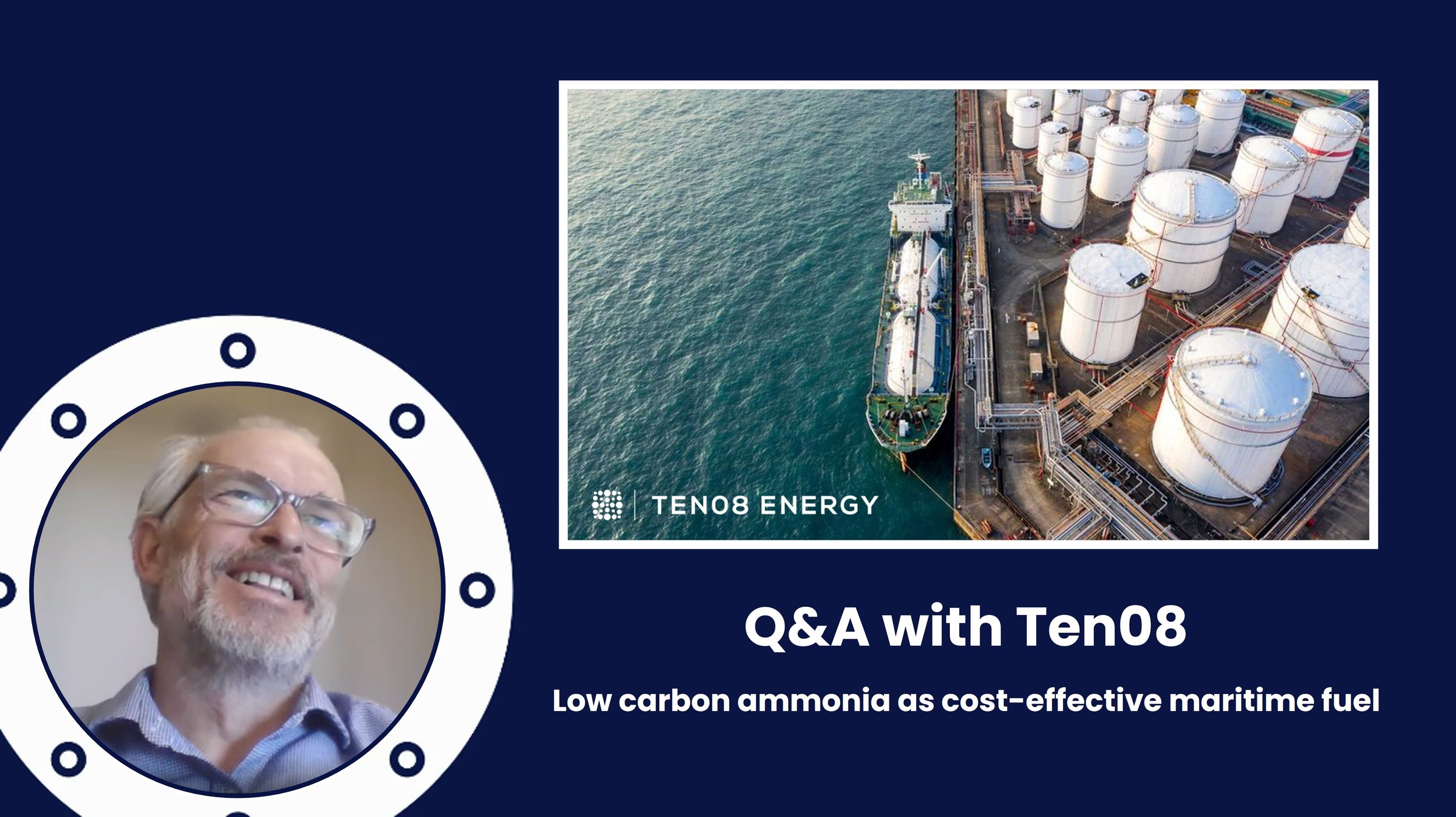
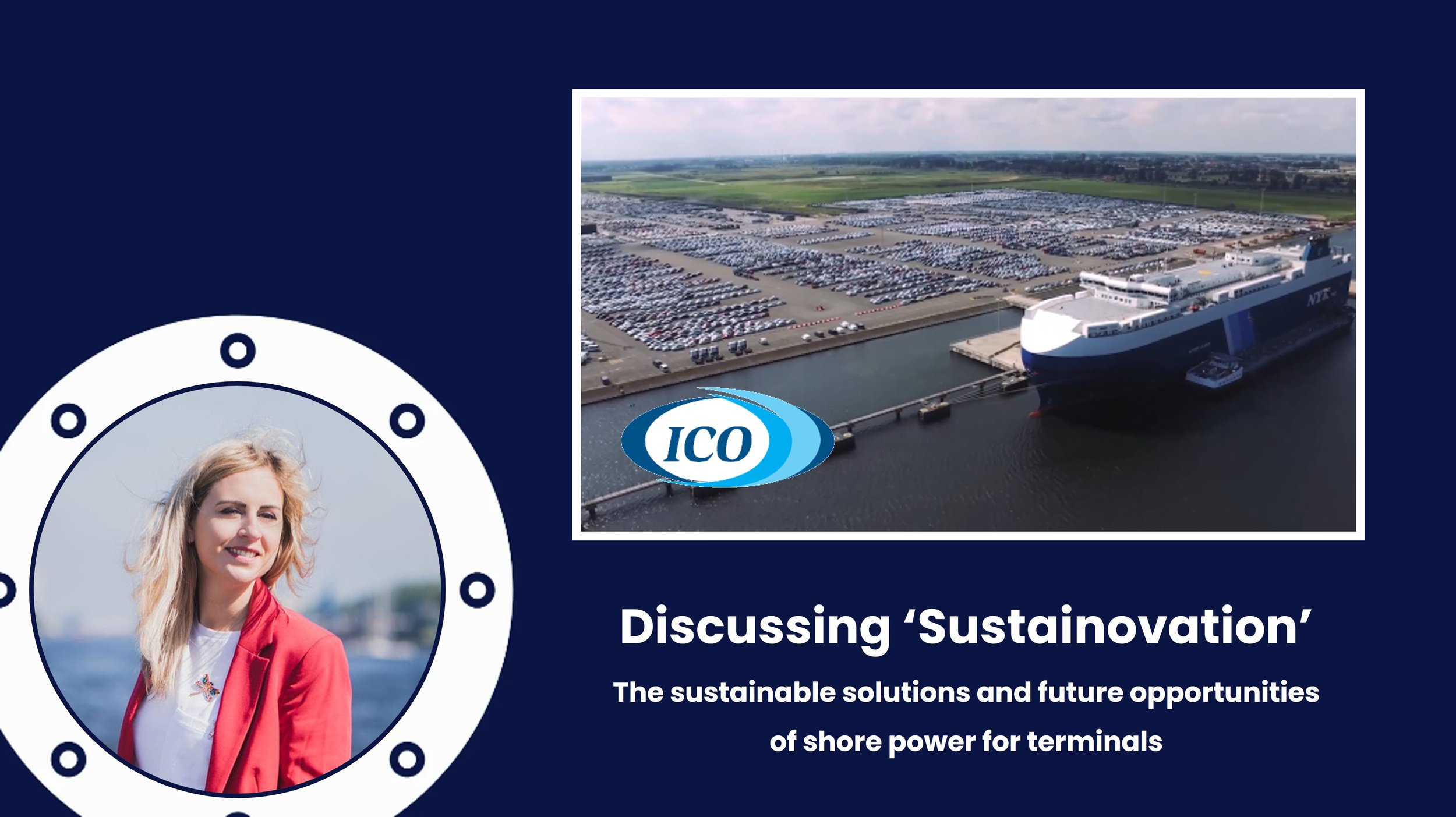



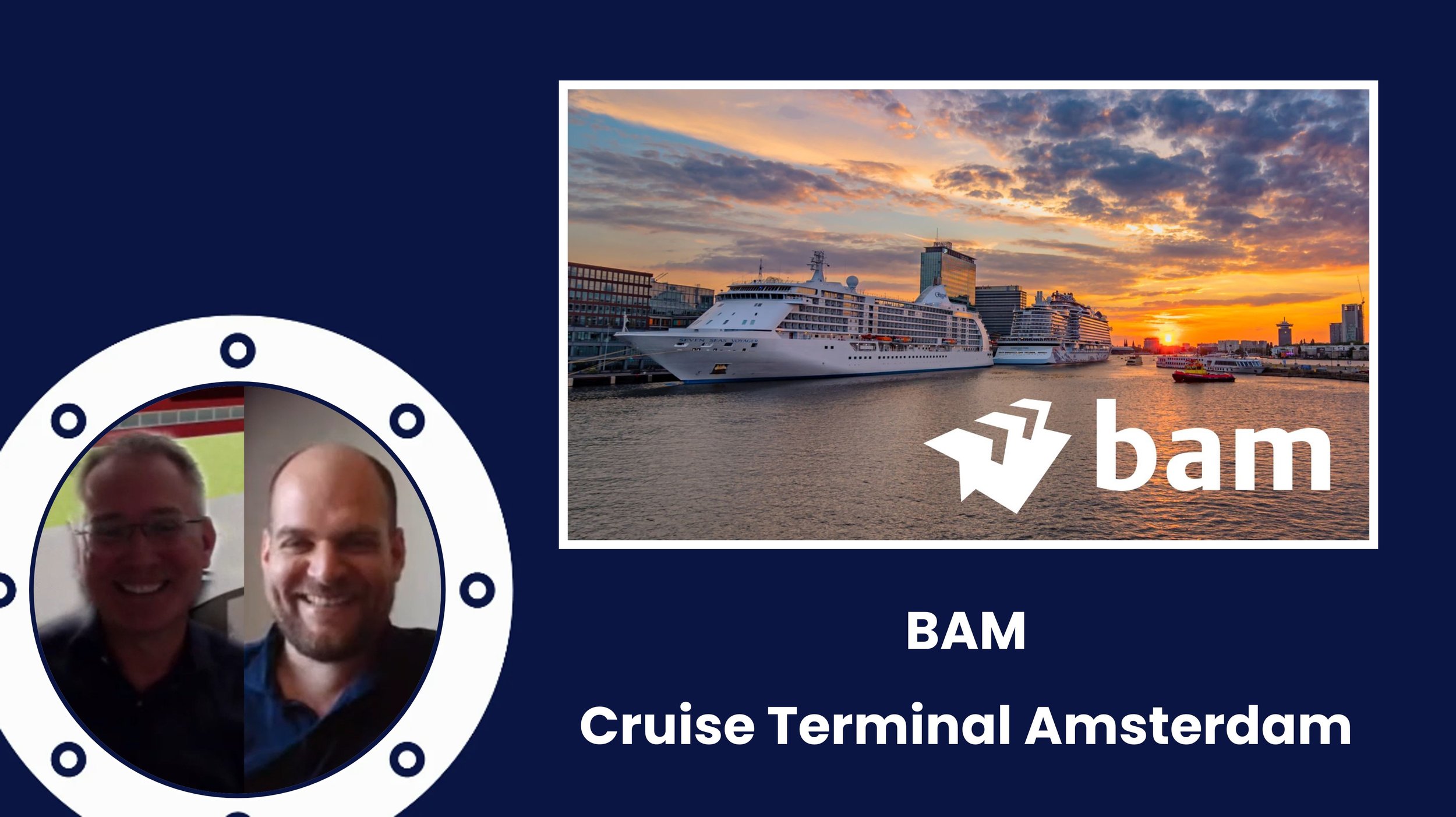



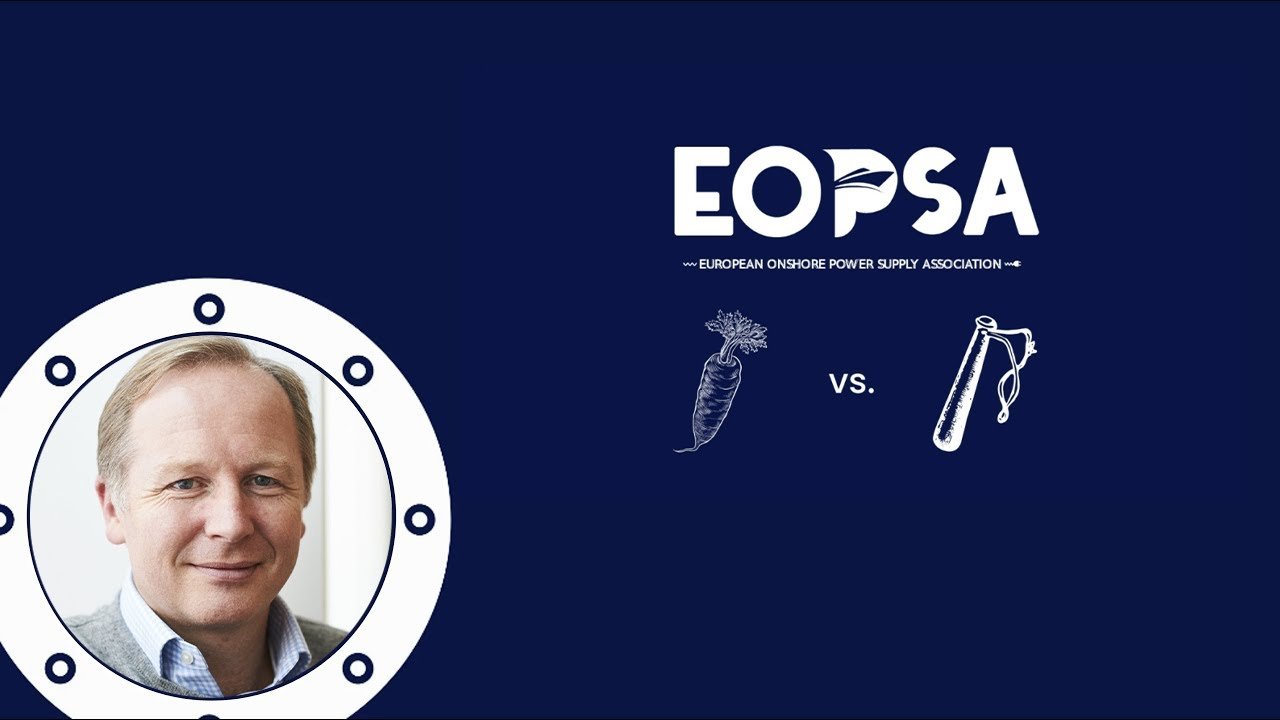
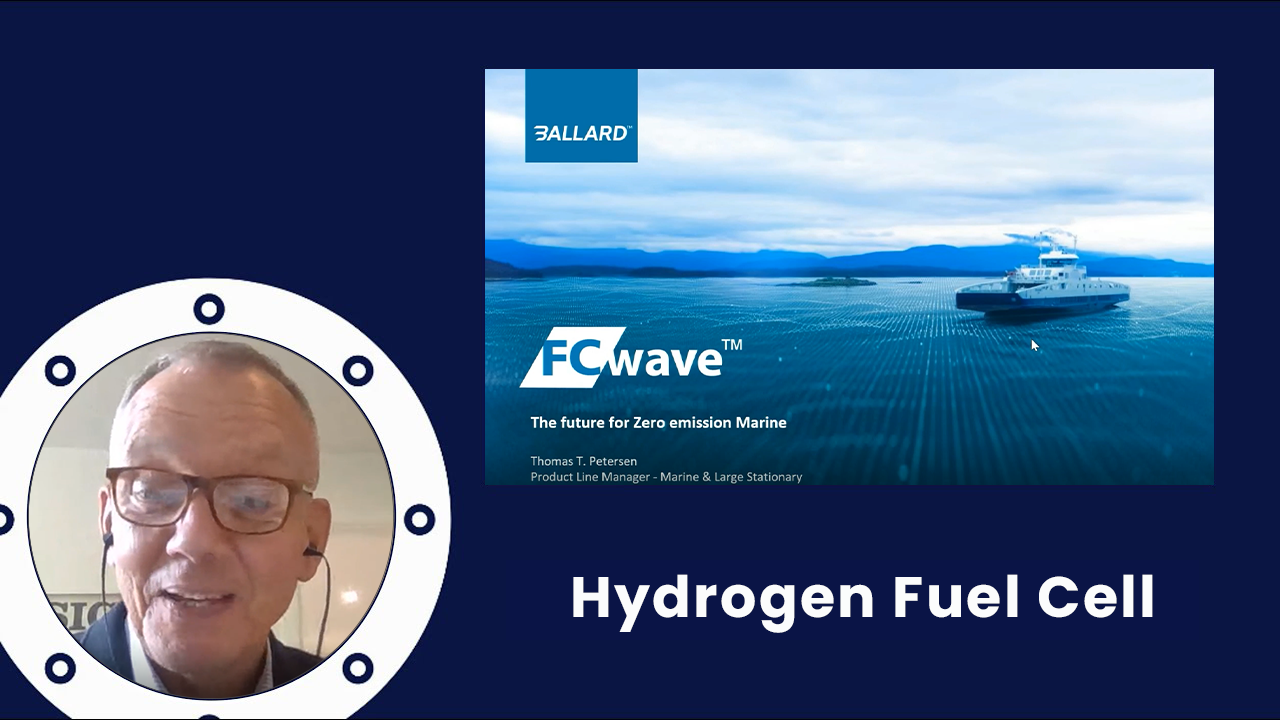



This Q&A session explores the role of book and claim systems in maritime decarbonization, featuring Himanshu Sharma from Vurdhaan, a platform providing independent registries for Scope 3 emission reductions. Himanshu explains how virtual crediting works, why transparency and verification are key, and how book and claim differs from compliance pooling under FuelEU Maritime.